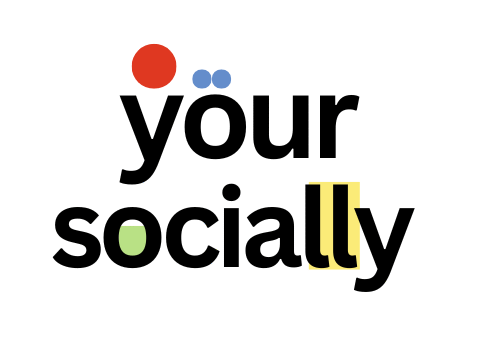We often hear that practicing gratitude can make us happier, but did you know it’s backed by neuroscience? Gratitude is more than just saying “thank you”—it’s a mindset that can literally rewire your brain. By regularly focusing on what you’re thankful for, you train your brain to shift away from negativity and strengthen areas responsible for joy, empathy, and resilience.
The Science Behind Gratitude
When you practice gratitude, your brain releases feel-good chemicals like dopamine and serotonin—the same neurotransmitters linked to happiness and well-being. Over time, this positive reinforcement encourages your brain to keep seeking out things to appreciate. Studies using brain scans show that gratitude activates the prefrontal cortex, the region involved in decision-making and emotional regulation, which helps you handle stress more effectively.
Changing Thought Patterns
The human brain has a natural tendency to focus on threats and problems—a survival mechanism known as the “negativity bias.” Gratitude works like a reset button. By intentionally acknowledging the good in your life, you teach your brain to notice positivity more often. This gradual shift in perspective not only boosts mood but also reduces symptoms of anxiety and depression.
Improving Relationships
Gratitude doesn’t just affect your inner world—it strengthens connections with others. Expressing appreciation makes people feel valued and fosters trust, which deepens bonds. Whether it’s thanking a coworker, appreciating a friend, or acknowledging a loved one, gratitude creates a ripple effect of positivity in your relationships.
Simple Ways to Practice Gratitude
- Keep a gratitude journal: Write down three things you’re thankful for each day.
- Express it: Take a moment to thank someone sincerely, whether through a note or a conversation.
- Pause daily: Before bed, reflect on one positive moment from your day, no matter how small.
Gratitude is like exercise for the brain—it strengthens neural pathways linked to happiness the more you practice it. By making gratitude a daily habit, you can retrain your mind to focus on abundance instead of lack, joy instead of stress. Over time, this simple practice can transform your mental outlook and unlock a deeper sense of fulfillment.
Also Read:
7 Morning Habits That Will Change Your Life Forever

